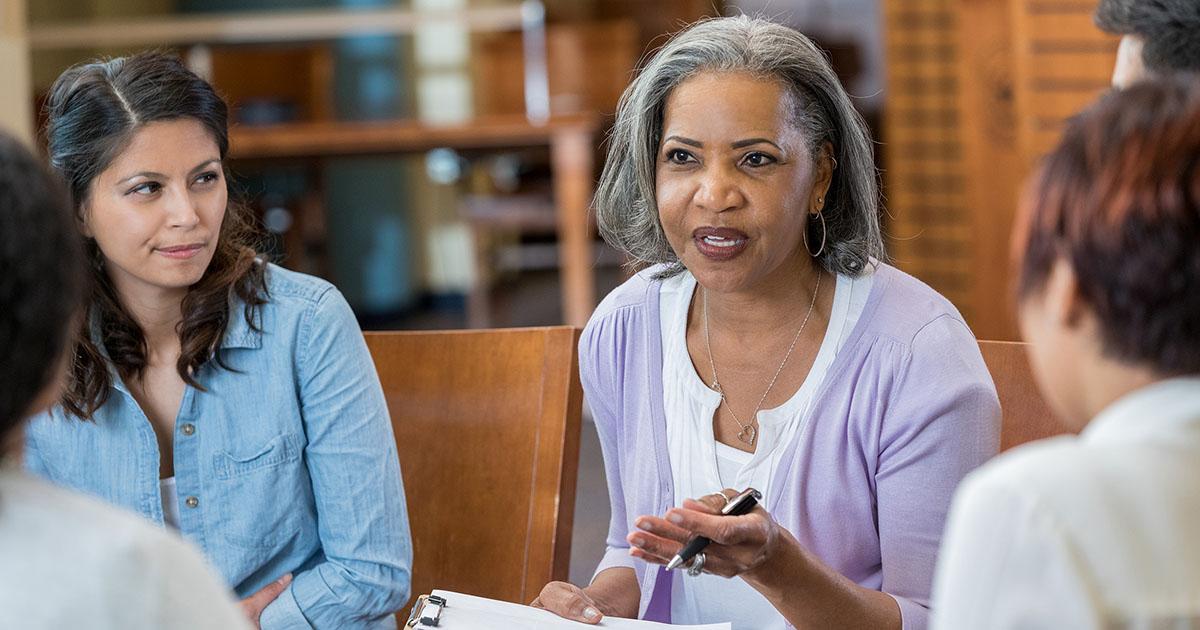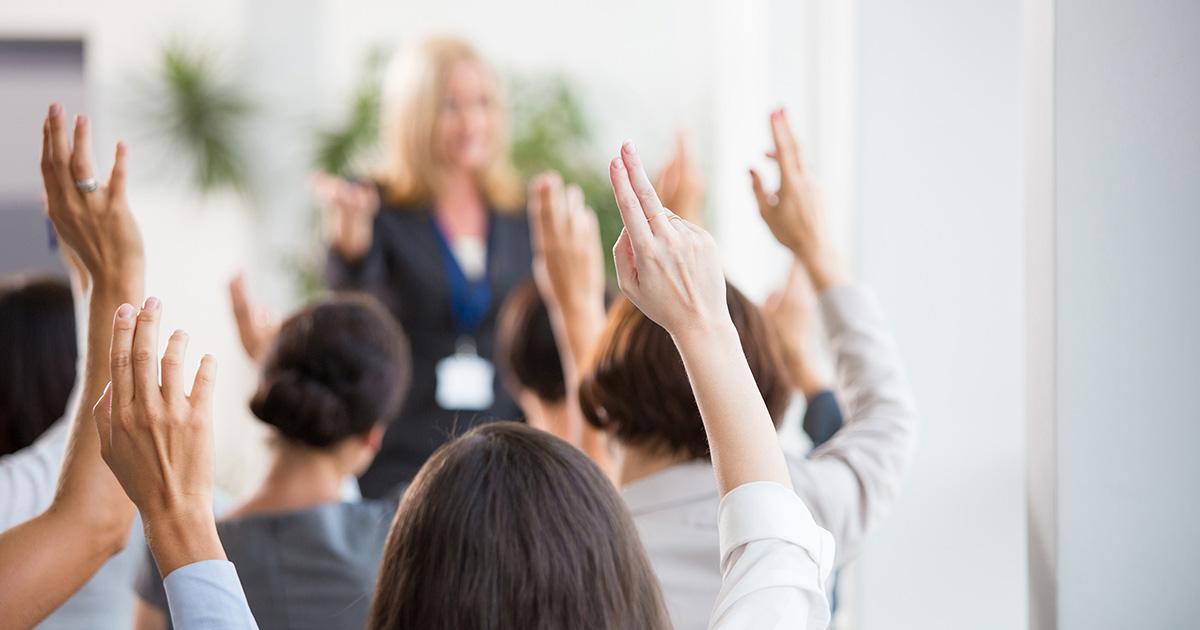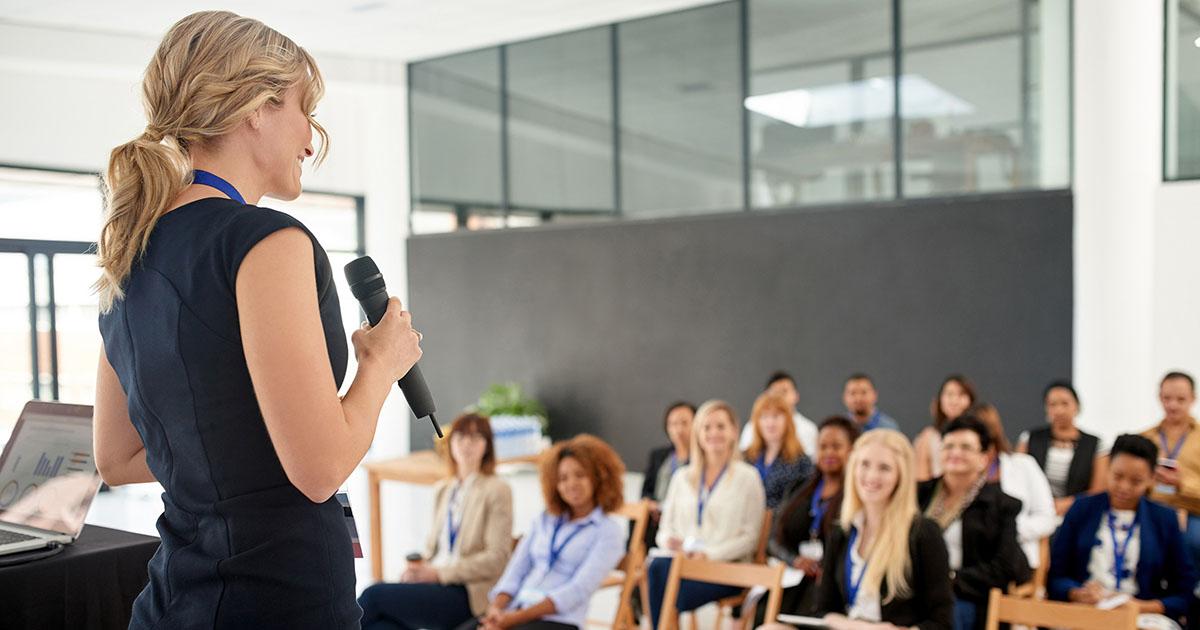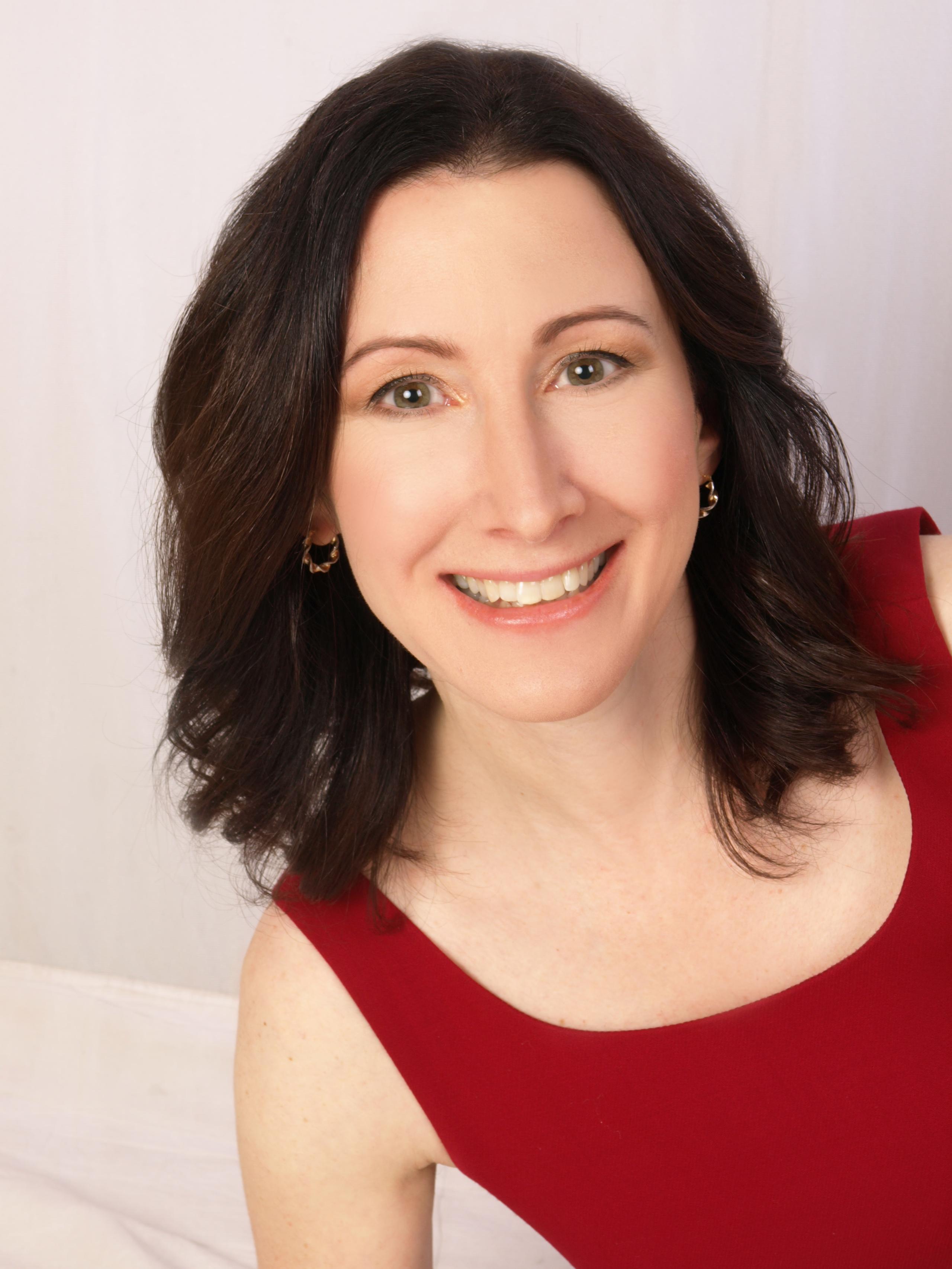The Women’s Advisory Board, an initiative by MPI’s International Board of Directors (IBOD), will be providing MPI staff and leadership strategic advice and guidance as the association organizes gatherings, creates resources and develops educational content for the community in months to come.
“We want people to come to MPI and be able to experience an education that reinforces their sense of belonging,” says MPI Director of Community Kristi Casey Sanders.
MPI has about 17,000 members around the world, and approximately 80 percent are women, she notes.
“Arguably, MPI is the organization for women,” Sanders says.
MPI has been looking for new ways to serve its varied constituencies by fostering a stronger internal leadership pipeline.
“In order to be innovative, you have to be very in touch with your community,” Sanders says.
IBOD members Annette Gregg (2020 chair) and Amanda Armstrong (2018 chair) were key advocates for the formation of the Women’s Advisory Board as the IBOD developed plans to form groups to support other constituencies, such as the LGBTQ community, Sanders says.
The Women’s Advisory Board is not the first initiative focused on the advancement of women at MPI, Sanders notes. MPI’s Women’s Leadership Initiative began in 2001.

“A trend worth noting is the fact that both times leadership initiatives specific to women’s advancement at MPI were put in place, it was done so with a women at the helm of MPI’s IBOD,” says Courtney Stanley, co-chair of the Women’s Advisory Board and a speaker, writer, business strategist and former IBOD member. “This trend is exactly why we need to elevate more women to top positions of leadership. When women hold senior roles, they bring different ideas, perspectives and priorities to the table, often times specific to advancing women.”
Volunteer leaders tend to follow a similar trajectory to leadership positions, Sanders notes.
“If you don’t have a lot of women involved at the local level who know how to make that transition and know what the IBOD is looking for, they are not going to be there,” she says. “There needs to be grassroots education and leadership and mentorship to identify leaders of all different types of backgrounds.”
The Women’s Advisory Board will be instrumental in helping MPI develop both events and educational content in the future. The group is planning to host community meetups during the MPI World Education Congress (WEC) and IMEX America this coming year, says Sarah Soliman Daudin, co-chair of the Women’s Advisory Board, president & CEO of Soliman Productions Inc., and a newly elected member of MPI Foundation’s Global Board of Trustees. Meetings + Conventions Calgary and Visit Seattle, the Women’s Community sponsors for MPI, are helping to underwrite the cost of producing community-specific education, resources and gatherings.
The Women’s Advisory Board will also help MPI develop content such as webinars where industry professionals are engaged to discuss key issues.
“This will be a touch point where we’ll be able to embrace the larger community of women in the industry,” Soliman Daudin says.
Chapters that want to help women constituents advance can bring MPI’s Women in Leadership: Executive Leadership Skills course to their members, Stanley notes. The four-hour course, launched in February 2017, looks at how women can create their own action plan to advance. Close to 800 women have taken the course so far. Thanks to sponsorship from American Airlines and Visit Dallas, chapters can apply for grants through the MPI Foundation to cover speaker and program costs.
The Women’s Advisory Board will also include men committed to helping women advance. Meetings + Conventions Calgary Executive Director Dave Sclanders will be a part of the board. “Since the Women’s Advisory Board has been announced, I’ve been seeing more men approach me, Kristi and Courtney and express their excitement and support,” Soliman Daudin says.
“Although they may not serve on the board in particular roles, they have offered to help in any way they can, whether by being a sounding board, offering content or being part of a conversation,” Soliman Daudin says. “That to me really showcases a new sense of excitement and also hope from men for what women have to contribute not only to meetings and events but business in general.”
There are many issues on the table regarding women in the meeting industry, such as gender pay equity, sexual harassment and the need for formal mentorship for women.
“What’s really exciting is even in our initial discussions, we’ve begun to identify a lot of challenges that look like really great opportunities to explore solutions,” Stanley says.
Some workplace challenges affect women differently, depending on their age. Research shows the gender pay gap in the workplace is largest for women 55 and over. The median weekly income for men ages 55 to 64 is $1,113; for women in the same age bracket it’s $827 or 76.3 percent, according to data from the U.S. Bureau of Labor Statistics for the first quarter of 2018.
Owing, in part, to the #MeToo movement, one of the biggest conversations in the meeting industry last year was about sexual harassment.
“Moving into a new year, we are going to be a lot more focused to moving that conversation from dialogue to action, how we can train meeting professionals to help put a stop to sexual harassment and assault at events,” Stanley says.
The Women’s Advisory Board is also looking to help women develop the skills needed to be more confident and amplify behaviors that will help them advance.
“One of the things people aren’t aware of are subtle behaviors that happen in meetings,” Stanley says. “Women get cut off more times a day than men do.”

Studies vary in how many times the phenomenon of “manterrupting” occurs—even among Supreme Court justices—and there is now even an app called WomenInterrupted that allows women to track how often they are interrupted in conversation.
“One way to counteract these interruptions is to raise awareness among men and women that this happens often and take a moment, if someone gets cut off, to bring the discussion back around,” Sanders says. “For instance, someone else in the meeting might say, ‘I believe Sarah was trying to say something. Sarah, what were you saying?’”
Another common scenario is what’s sometimes called “bropriation,” when a woman says something in a meeting, it gets ignored and later, when a man brings it up, everyone reacts—resulting in the man getting credit for the woman’s idea.
The Women’s Advisory Board will be bringing forth data on challenges like this, with actionable follow-up information.
“We are working toward solutions, action, awareness, education, so it’s not just a woman’s job to point out when someone takes someone else’s idea or interrupts someone,” Stanley says.
The group will also focus on bringing accountability partners to women to help them let go of behaviors that may be holding them back, such as apologizing before speaking, as in, “Oh, sorry, I have an idea to share.”
“It’ll be about having accountability partners to call out these behaviors, in an effort to make us better at what we do,” Soliman Daudin says.
International Women’s Day
International Women’s Day 2019 (internationalwomensday.com) is March 8. The campaign theme is #BalanceforBetter, and the day is intended to celebrate women’s achievements while calling for a more gender-balanced world.
Leadership Education: Women in Meetings
The MPI Academy offers a four-hour course, Women in Leadership: Executive Leadership Skills, that examines the key roles women play in the hospitality and meeting industries and how to overcome career obstacles to executive-level positions. Learn more about the program and register for a class at www.mpi.org/education.
The MPI Foundation has advanced the cause by awarding MPI chapters with grants that enable them to promote the Women in Leadership program. Learn more at www.mpi.org/foundation.
MyMPI (u.mpiweb.org), the online member community for MPI members, also includes a community specifically for women.
In what ways are women treated worse than men at work?
54% I am treated as less capable or intelligent
54% I am paid less
64% I have limited or capped career opportunities
11% I am subjected to unwanted sexual attention
46% I am not taken seriously
4% I am given less flexibility with time-off requests
4% I am bullied or mocked
14% Other



